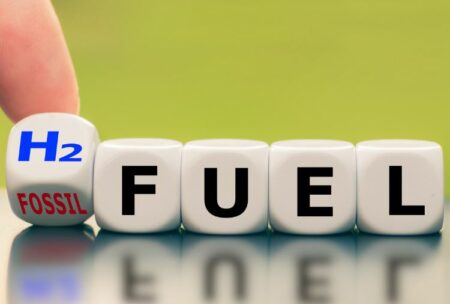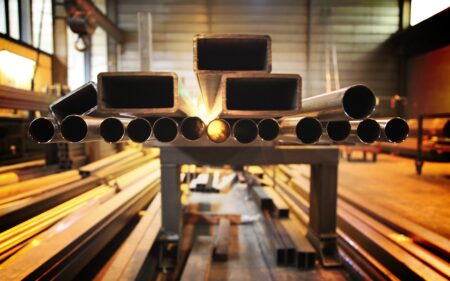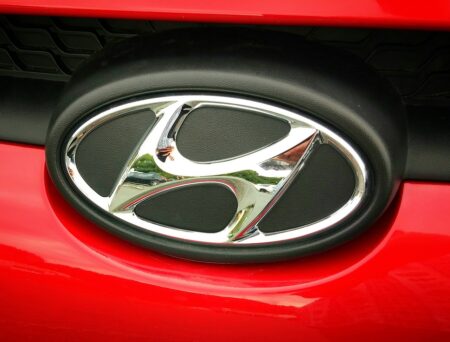At the recent Hydrogen Americas Summit, major oil and gas companies lobbied intensively for a broad interpretation of hydrogen tax credits under the Inflation Reduction Act (IRA).
Browsing: Report
The Chilean government has unveiled ambitious plans to develop green hydrogen, a move aimed at leveraging the country’s renewable energy potential and positioning it as a leader in the global hydrogen market.
Germany, a leading industrial nation, is making significant strides in establishing a robust hydrogen economy. At the recent Hydrogen Council’s 2024 International CEO Event, German Chancellor Olaf Scholz emphasized the urgency of private sector engagement and outlined the government’s regulatory framework and funding schemes to expedite hydrogen deployment.
Plans for using hydrogen to fight climate change are emerging across the San Joaquin Valley, with projects underway in western Fresno County, Pixley in Tulare County, and Orange Cove.
South Korea’s steel industry, a global heavyweight, is facing mounting pressure to embrace hydrogen-based direct-reduced iron (DRI) technology.
In an effort to reduce its heavy reliance on fossil fuels, the Chugoku region of Japan is implementing a strategy centered on ammonia and hydrogen co-firing for thermal power generation.
Getech has recently published a white paper on helium exploration. This document delves into the current helium market, the geological systems that produce helium, and the synergy between helium and natural hydrogen exploration.
Hyundai Motor Company’s recent acquisition of Hyundai Mobis’s domestic hydrogen fuel cell business marks a pivotal step in its journey towards clean energy solutions.
Kenya has unveiled an ambitious green hydrogen strategy, setting stringent carbon emission standards and laying out a roadmap for both domestic use and export.
The Alliance for Zero Emissions Aviation (AZEA) recently unveiled its ambitious vision for hydrogen and electric-powered flights within Europe at the ILA Berlin aerospace fair.












